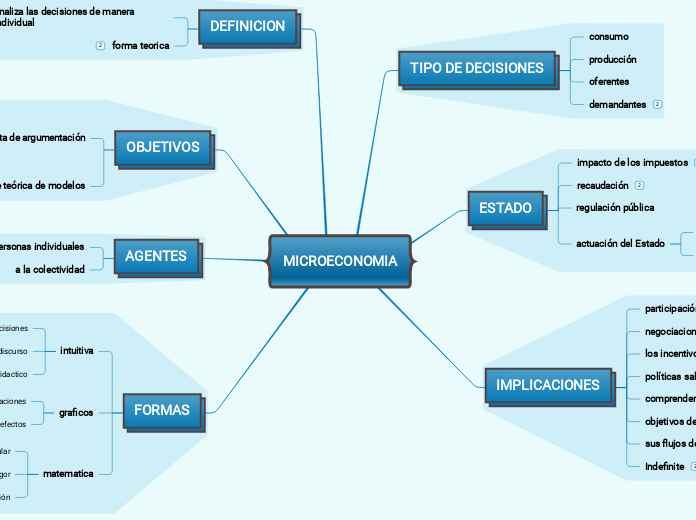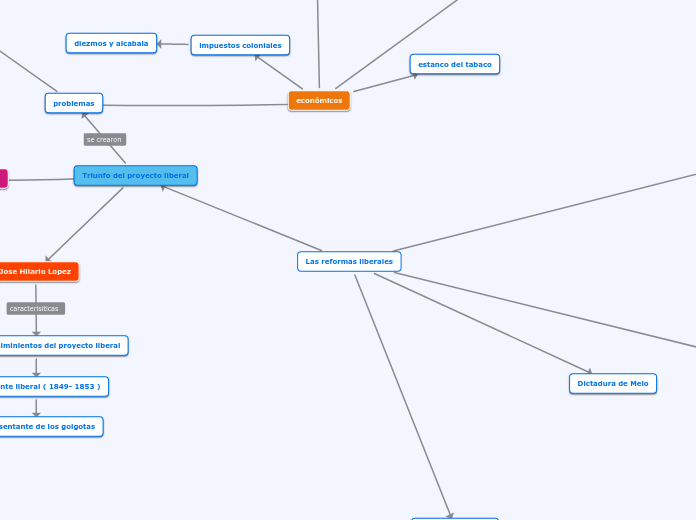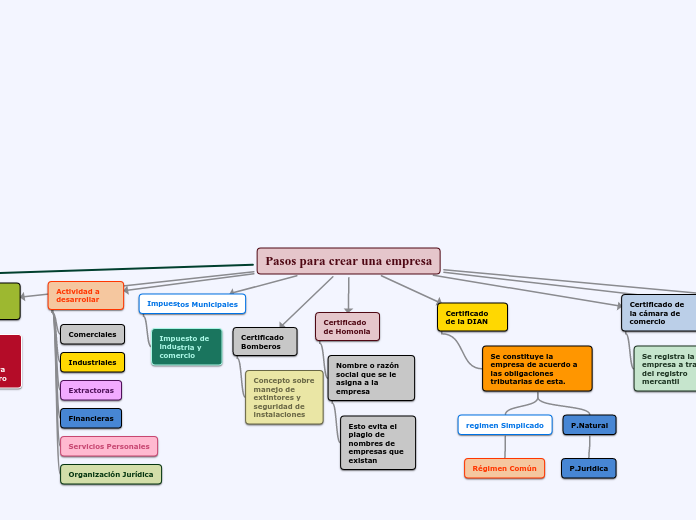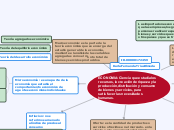MICROECONOMIA
The part of speech is a category to which a word is assigned according to its syntactic functions. In English the main parts of speech are noun, pronoun, adjective, determiner, verb, adverb, preposition, conjunction, and interjection.
FORMAS
A preposition is one of the most exciting parts of grammar. A preposition is used to describe the location of something in relation to something else.
matematica
When a preposition consists of more than one word, it is called double preposition.
concisión
rigor
herramienta de calcular
graficos
Compound preposition consists of two or more words.
comprender los efectos
realizar comparaciones
intuitiva
When a preposition consists of one word it is called single or simple preposition.
didactico
discurso
analiza las decisiones
AGENTES
An interjection is used to express emotion in a sentence.
Think of other interjections!
a la colectividad
personas individuales
OBJETIVOS
An adverb is used to describe a verb, but it can also describe an adjective or another adverb.
Adverbs normally help paint a fuller picture by describing how something happens.
construir la base teórica de modelos
analizar los datos estadísticos
herramienta de argumentación
modeloss
elaborar teorías
pensar
DEFINICION
A numeral is a word or phrase that describes a numerical quantity.
Some theories of grammar use the word 'numeral' to refer to cardinal numbers that act as a determiner to specify the quantity of a noun, for example the 'two' in 'two hats'.
forma teorica
One, two..
analiza las decisiones de manera individual
First, second..
IMPLICACIONES
A pronoun is a word that can be used in place of a noun, typically after the noun itself has already been stated.
Indefinite
Unlike demonstrative pronouns, which point out specific items, indefinite pronouns are used for non-specific things. This is the largest group of pronouns. All, some, any, several, anyone, nobody, each, both, few, either, none, one, and no one are the most common.
None, Several
sus flujos de información
Relative pronouns are used to add more information to a sentence. Which, that, who (including whom and whose), and where are all relative pronouns.
Which, Where
objetivos de la empresa
Interrogative pronouns are used in questions. Although they are classified as pronouns, it is not easy to see how they replace nouns. Who, which, what, where, and how are all interrogative pronouns.
Which, Who
comprender las estrategias
Reciprocal pronouns are used for actions or feelings that are reciprocated. The reciprocal pronouns are each other and one another.
Each other, one another
políticas salariales
A reflexive pronoun ends with ...self or ...selves and refers to another noun or pronoun in the sentence (usually the subject of the sentence). The reflexive pronouns are myself, yourself, herself, himself, itself, ourselves, yourselves, and themselves.
Itself, Himself
los incentivos
Demonstrative pronouns are used to demonstrate (or indicate). This, that, these, and those are all demonstrative pronouns.
This, These
negociaciones laborales
Possessive pronouns are used to show possession. The possessive pronouns are mine, yours, his, hers, ours, and theirs.
His, Your
participación en los mercados laborales
The personal pronouns are I, you, he, she, it, we, they. More often than not (but certainly not always), they replace nouns representing people.
He, They
ESTADO
An adjective is a word that's used to describe a specific noun and to provide more detail to the listener.
actuación del Estado
del gobierno
los fallos de mercado
regulación pública
recaudación
Superlative adjectives demonstrate a higher level of comparison between entities.
She is the prettiest princess.
impacto de los impuestos
Expresses a comparison between two entities or groups of entities in quality or degree.
He is taller than she is.
TIPO DE DECISIONES
A verb is an action word or 'doing' word that signifies movement in some way.
demandantes
A participle is a verb form that can be used as an adjective or to create a verb tense. There are two types of participles: Present participle (ending -ing) and Past participle (usually ending -ed, -d, -t, -en, or -n).
Create sentences
The winning athlete gets a trophy.
oferentes
A modal is a type of auxiliary (helping) verb that is used to express: ability, possibility, permission or obligation. The main modal verbs in the English language are: can, could, may, might, must, shall, should, will, would.
producción
A linking verb connects the subject with a word that gives information about the subject, such as a condition or relationship.
consumo
A verb with its own meaning: a verb that is not an auxiliary verb.









